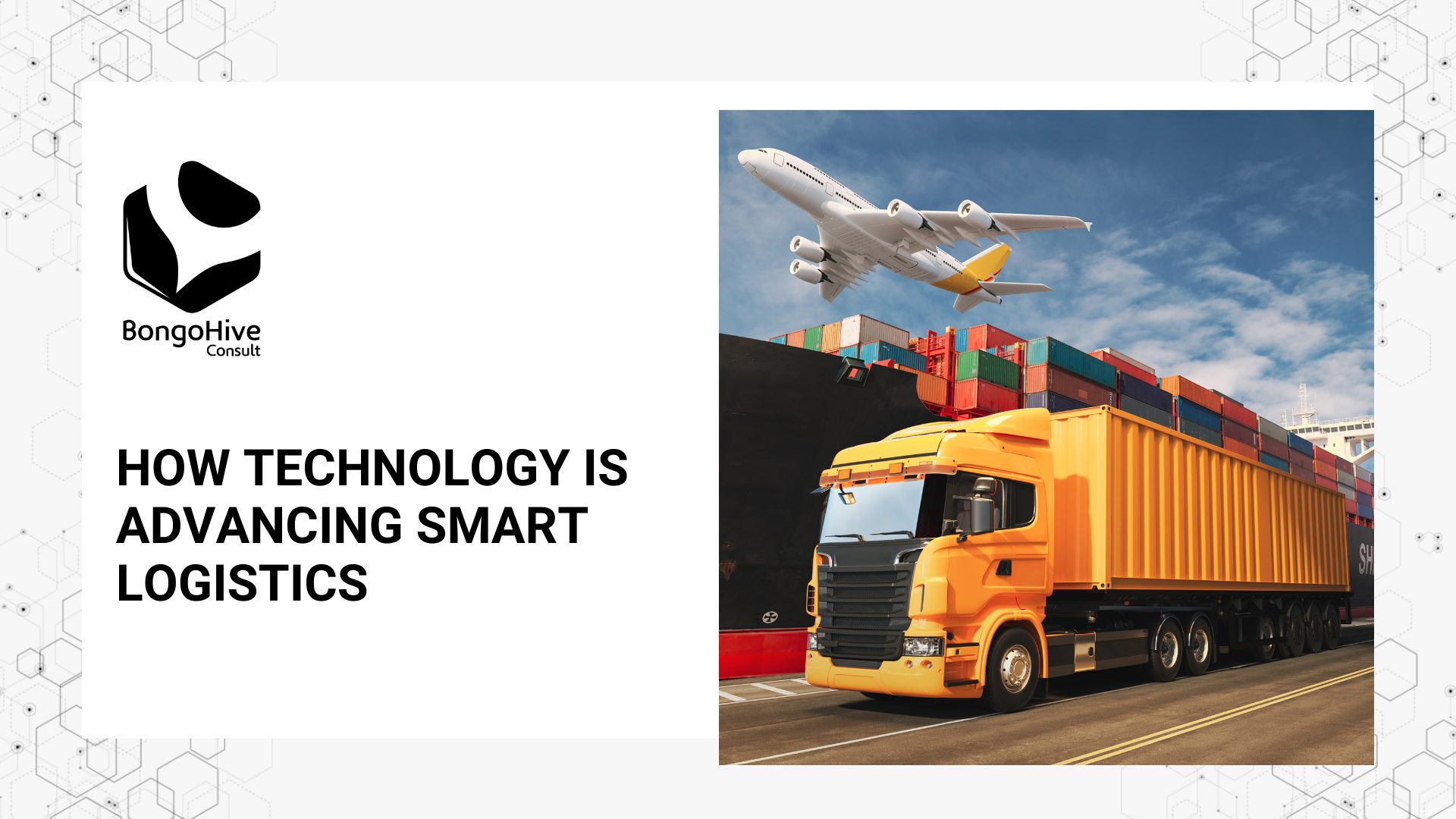
The advancement in technology creates new opportunities in the logistics sector, transforming the movement of goods within a supply chain. Smart logistics are not only enabling logistics companies to work better, but they are also enhancing customer satisfaction.
From transportation, delivery, fleet management, inventory management and more, smart logistics are making work smarter.
Challenges in logistics and how technology is solving them.
Challenge: Supply Chain Visibility
For logistics companies to offer accurate and on-time deliveries, they need to have full and timely visibility on all aspects of the business processes from the workflow in a warehouse, storage, order management, shipping up to delivery.
Solution: Shipment Tracking Systems
Using enhanced GPS tracking, a logistics company can improve efficiency and easily manage the movement of goods from the purchase point up to delivery, while customers can look up the status of a shipment in the transportation process. Tracking shipments ensure that shippers are following the prescribed route and schedule and it also allows a company to act quickly in case of a disruption.
Challenge: Transportation costs
Solution: The Internet of Things (IoT)
IoT connects everyone to everything. In smart logistics, it connects cargo ships, freight, warehouses, parcels and people.
In fleet management, IoT helps in avoiding risks by providing information on the routes with less traffic and improves the driver’s efficiency by monitoring their performance.
In waste management, IoT sensors can be used to notify trucks about which dumpsters need to be emptied immediately and those that can wait. As a result, a logistics company saves time and reduces fuel wastage.
Challenge: Changing Customer Perspectives
Customer needs change over time and their needs are different. Customers are now looking for companies that offer extra value and can deliver their goods promptly. The challenge for a logistics company is to understand each customer’s needs, forecast expectations and offer the right product mix to cater to customer’s needs.
Solution: Predictive Data Analytics
The use of predictive data analytics is essential in maintaining demand and supply. The huge volumes of data gathered across many sectors can provide relevant insights on human behaviour and trends and predict what might or might not be in demand. This enables data-driven decisions and improves overall operational efficiency.
Challenge: Tedious Manual Processes
Logistics companies handle a lot of documents ranging from freight bills, packing lists, bills of lading, contracts and so on. Some of these are physical while others are digital. Monitoring payments from clients and addressing discrepancies becomes even more challenging with hundreds of paperwork piling up.
Solution: Automation
Converting all these documents into a digital format and monitoring them from a single place saves time and costs. Through an automated data capture process, a company can automate the entire order-to-cash cycle and create a smooth cash flow running smoothly.
Logistics companies can still meet rising customer expectations while maintaining operational efficiency and still generate profit. The answer lies in continuously upgrading technology, people and processes.
We are proud to be a partner in the DIGILOGIC project, the first European and African network Digital Innovation Hub (DIH), focusing on smart logistics. With funding support from the European Commission (EC), the project will enable the growth of a common innovators’ ecosystem, where talents from both Europe and Africa will benefit from access to technology, knowledge and ultimately, market opportunities and investments. Subscribe to the DIGILOGIC newsletter to stay up to date with the latest developments. Follow DIGILOGIC on Twitter and like the page on Facebook.
 BongoHive
BongoHive